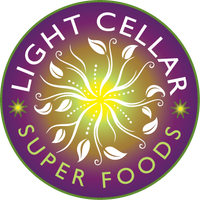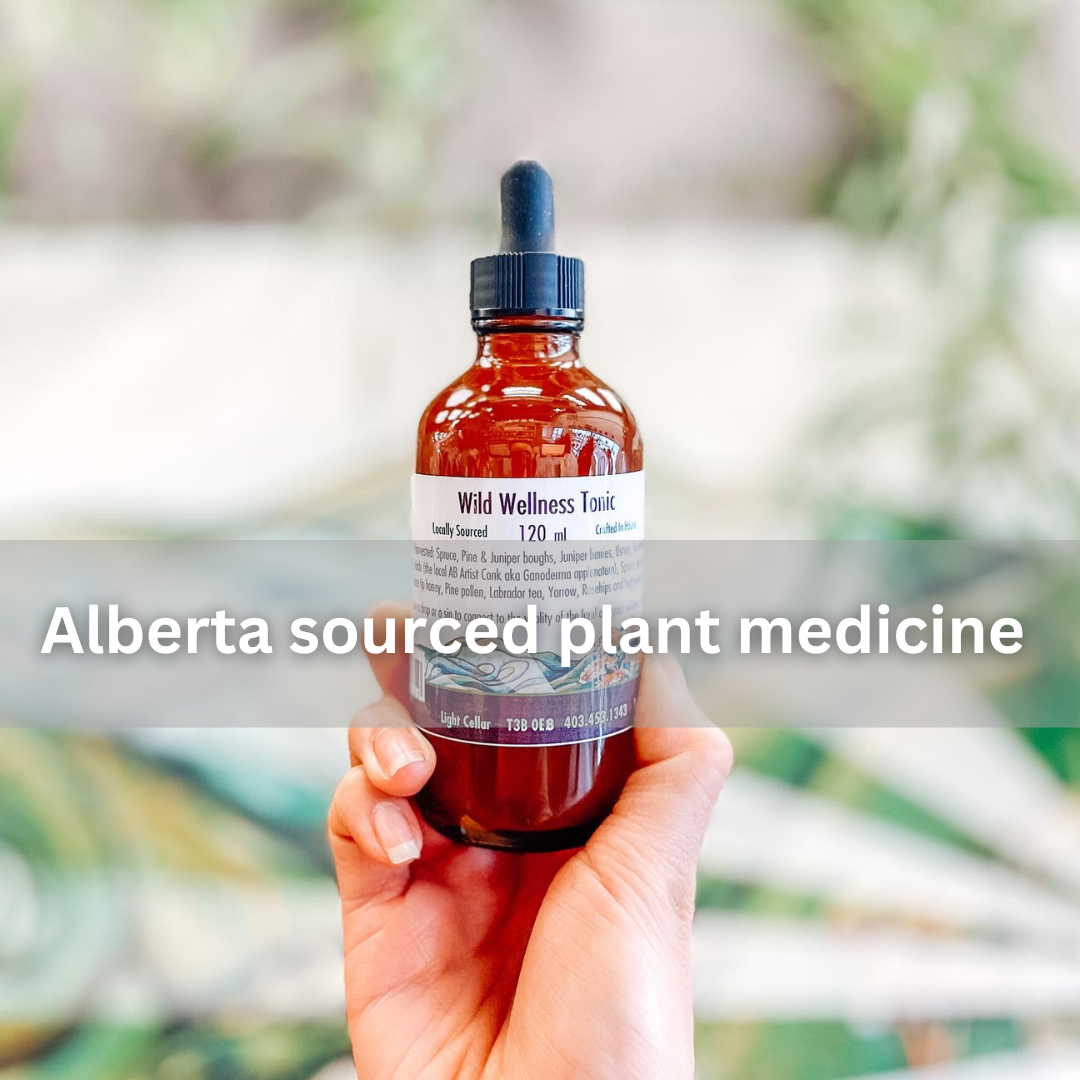The evidence especially seems very real when we first hand experience the
fatigue, bloating, cramps, mood swings, acne, cravings (and more!) that can
come with having a period. Movies, commercials and (funny!) memes also
highlight the “curse” that is a normal part of being a woman... or is it normal?
My hope is that you will be delighted at how simple it can be bring your body
back to balance with today’s article, and relieve any and every challenging
PMS symptom you may be experiencing.
We will be addressing gut health, liver health and xenoestrogens in this
blogpost.
Let’s dive right in. The research indicates that an imbalanced gut microbiome
(known as dysbiosis, where the “bad” bacteria take over the gut) can be
directly linked to hormonal imbalances (Maturitas et al., 2017), as our gut
bacteria helps to metabolize estrogen. However, to then make this a perfect
vicious cycle, hormonal imbalances such excess amounts of oestrogen (which
is what we have if there are PMS symptoms), can then negatively affect our
gut, causing bloating, fluid retention and slower digestion (Maturitas et al.,
2017).
Now that I’ve told you the “bad” news (it’s better to ask for forgiveness than
permission, right?) let’s get right into good news. Together we will go over the
practical steps you can take today in order to balance not only your
hormones, but your gut bacteria as well!
Key Solutions For PMS (and Gut Bacterial Balance!)
1. Love your liver
Estrogen is one of our primary female hormones, and when in balance - we
feel in balance! That looks like sound sleep, clear skin, a healthy body weight,
a stable mood, and regular periods. If estrogen however does not get cleared
properly from our system (through bowel movements, the microbiome and
the liver), then this where we start to see challenges such as bloating,
weepiness, unexplained weight gain, headaches, acne and more.
The liver is responsible for metabolizing (using) and eliminating your
hormones, namely in phases 1 and 2 of estrogen detoxication (Arkh Patol.
1977) When your liver isn’t able to metabolize and eliminate your hormones
effectively, this is when you may begin to experience PMS symptoms.
Thankfully, you can eat you way to better liver health!
6 foods to eat for your liver
- Goji Berries. They have bioactive compounds known to have
beneficial effects on liver health, likely as a result of antioxidant
and anti-inflammatory effects, as well as prebiotic properties. The
Light Cellar has beautiful tinctures, or you can munch on these!
- Dandelion Root. The polysaccharides in dandelion are can help to
reduce stress on the liver and support its ability to produce bile
(bile flow and gallbladder health is also incredibly for PMS!). The
Light Cellar carries dandelion or liver support tinctures, or you can
steep dandelion roots as a detoxifying and delicious tea.
- Oatmeal. Consuming oatmeal is an easy way to add fiber to the
diet, and fibre is going to be a key player for gut health. Oats and
oatmeal are high in compounds called beta-glucans, and a study
in the International Journal of Molecular Sciences reports that
beta-glucans help to modulate the immune system and fight
against inflammation, and help reduce the amount of fat stored
in the liver in mice, which could also help protect the liver (Bashir,
K., & Choi, J. S. (2017). Opt for steel cut oat meal topped with
walnuts, cinnamon and berries for example, in place of packaged
and high sugar instant oats whenever possible.
- Berries. Dark berries, such as blueberries, raspberries, and
cranberries, contain antioxidants called polyphenols, which may
help protect the liver from damage. You can add berries to a
smoothie, oatmeal, yogurt, or simply on their own with a handful
of nuts!
- Grapefruit. The World Journal of Gastroenterology study also
mentions grapefruit as a helpful food. Grapefruit contains two
primary antioxidants: naringin and naringenin. These may help
protect the liver from injury by reducing inflammation and
protecting the liver cells.
- Potassium rich foods. Potassium-rich foods help to lower
systolic blood pressure, lower cholesterol and support a healthy
cardiovascular system, in addition to helping cleanse your liver.
Sweet potatoes, tomato sauce, spinach, black strap molasses, and
yes, bananas, are all great sources of potassium.
2. Movement. We may know that exercise feels great, but what impact
could it possibly have on your hormones and gut health?
A fascinating study found that physical activity generated a unique
microbiome in the guts of the mice, independent of the animals’ diet, that
the inactive mice did not have. The mice that exercised hosted
Faecalibacterium, Clostridium, and Allobaculum, while the sedentary mice
did not. We do know that an increase of microbiome diversity is linked to
health, as decreased diversity, has been linked to different chronic conditions
such as obesity and type 2 diabetes.
While we do not yet know if a specific type of exercise benefits us the most,
most resources say to get at least 150 minutes of moderate aerobic activity or
75 minutes of vigorous aerobic activity a week. This could be any form of
movement - and make it fun! Belly dancing, pickle ball, snow shoeing, surfing
all count!
3. Xenoestrogens. Xenoestrogens mean “foreign” estrogens, and these are
substances that are close enough in molecular structure to estrogen that
they can bind to our body’s estrogen receptor sites...which can potentially
create hazardous outcomes. When we have more estrogen in the body than
we are able to clear, that is when we start to see the challenges like PMS
symptoms occur. This is important for all genders to note!
While Xenoestrogens seem foreign, they are in our common and daily lives
including plastics, pesticides, conventional makeup and household products,
and in our water systems. Not to worry however! The best thing to do is to
follow steps 1-2 in the article, and practice tips such as using stainless steel
and glass waterbottles in place of plastic, using a water filter like Santevia or
Berkey (I love and use both), and slowly aim to use natural products on your
body and in your home. There are many amazing companies out there who
are providing clean and safe products.
I hope you enjoyed this article! Stay tuned for Part 2!
Written by Selin Bilgin, B.A, C.H.N
References
Baker JM, Al-Nakkash L, Herbst-Kralovetz MM. Estrogen-gut microbiome axis:
Physiological and clinical implications. Maturitas. 2017 Sep;103:45-53. doi:
10.1016/j.maturitas.2017.06.025. Epub 2017 Jun 23. PMID: 28778332.
Genes S. G. (1977). Rol' pecheni v obmene gormonov i v reguliatsii ikh
soderzhaniia v krovi [Role of the liver in hormone metabolism and in the
regulation of their content in the blood]. Arkhiv patologii, 39(6), 74–80.
Bashir, K., & Choi, J. S. (2017). Clinical and Physiological Perspectives of
β-Glucans: The Past, Present, and Future. International journal of molecular
sciences, 18(9), 1906. https://doi.org/10.3390/ijms18091906
Pandey, K. B. & Rizvi, S. I. (2009, November – December). Plant polyphenols as
dietary antioxidants in human health and disease. Oxidative Medicine and
Cellular Longevity, 2(5), 270-278
https://www.ncbi.nlm.nih.gov/pmc/articles/PMC2835915/
Madrigal-Santillán, E., Madrigal-Bujaidar, E., Álvarez-González, I.,
Sumaya-Martínez, M. T., Gutiérrez-Salinas, J., Bautista, M., Morales-González, Á.,
García-Luna y González-Rubio, M., Aguilar-Faisal, J. L., & Morales-González, J. A.
(2014). Review of natural products with hepatoprotective effects. World
journal of gastroenterology, 20(40), 14787–14804.
https://doi.org/10.3748/wjg.v20.i40.14787
Decaux G, Soupart A, Cauchie P, Delwiche F. Potassium homeostasis in liver
cirrhosis. Arch Intern Med. 1988 Mar;148(3):547-8. PMID: 3277570.
Guo, L. (n.d.). Dietary Goji Shapes the Gut Microbiota to Prevent the Liver
Injury Induced by Acute Alcohol Intake. Retrieved from
https://www.frontiersin.org/articles/10.3389/fnut.2022.929776/full#:~:text=Dieta
ry%20Goji%20berry%20and%20its,properties%20(17%E2%80%9319).
Campbell SC, Wisniewski PJ, Noji M, McGuinness LR, Häggblom MM,
Lightfoot SA, Joseph LB, Kerkhof LJ. The Effect of Diet and Exercise on
Intestinal Integrity and Microbial Diversity in Mice. PLoS One. 2016 Mar
8;11(3):e0150502. doi: 10.1371/journal.pone.0150502. PMID: 26954359; PMCID:
PMC4783017.
Deng, F., Li, Y., & Zhao, J. (2019). The gut microbiome of healthy long-living
people. Aging, 11(2), 289–290. https://doi.org/10.18632/aging.101771
Paterni I, Granchi C, Minutolo F. Risks and benefits related to alimentary
exposure to xenoestrogens. Crit Rev Food Sci Nutr. 2017 Nov
2;57(16):3384-3404. doi: 10.1080/10408398.2015.1126547. PMID: 26744831;



